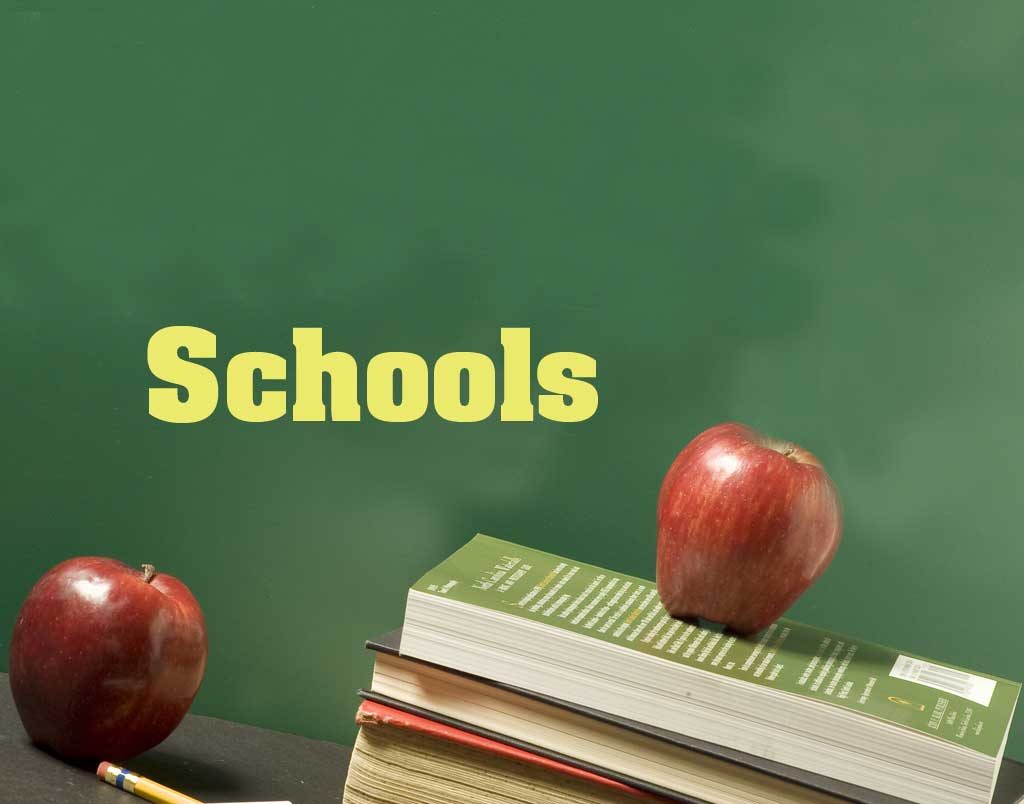South Brunswick schools will receive $21.48 million in state aid for Fiscal Year 2021-22, a loss of $257,970, or 1.19%, from the current year, and the continuation of loss over the past few years.
In 2020, Superintendent of Schools Scott Feder addressed S-2, a 2018 state law which changed the distribution of funding for New Jersey public school districts. He said that three years prior to the enactment of the law, South Brunswick received $24.5 million to offset taxpayer costs.
In 2019, district administrators received a six-year schedule of how much money the state will take away over the next six years.
The estimated state aid reduction, according to S-2, as of numbers released in March 2019, prepares for a loss of $1.15 million in Fiscal Year (FY) 2020, a loss of $1.77 million in FY 21, a loss of $2.19 million in FY 22, a loss of $2.05 million in FY 23, a loss of $1.27 million in FY 24 and a loss of $403,000 in FY 25.
This is a total loss of about $8.85 million over six years.
Details of the school budget, plus the impact of the loss of state aid, will be discussed during the South Brunswick Board of Education meeting scheduled for 7 p.m. March 11. For more information, visit sbschools.org
On the other hand, the North Brunswick School District will receive $33.06 million for 2021-22, an increase of $8.72 million, or 35.82%, over the current year.
Gov. Phil Murphy and Acting Education Commissioner Dr. Angelica Allen-McMillan visited Thomas Jefferson Middle School in Fair Lawn on Feb. 25 to announce the $18.1 billion in pre-K through grade 12 school aid funding in the Governor’s Fiscal Year 2022 (FY2022) budget proposal.
The proposed FY2022 budget offers $578 million in additional K-12 school aid and nearly $50 million in additional preschool funding, according to information provided by the governor’s office. When paired with additional investments in Extraordinary Special Aid and stabilization aid, the FY2022 budget increases school funding by $700 million.
School districts will be able to use state funds in conjunction with federal resources to address COVID-19-related learning loss, stand up mental health programs, train educators, and remediate buildings, among other uses, according to the statement.
“The budget proposal furthers our commitment to ensuring that school districts have the resources they need to the unique needs of their students and educators, an especially critical priority as districts manage challenges caused by COVID-19,” Murphy said in the statement. “I have long believed that investments in our students are investments in the future of our state, and now more than ever I am proud that our students continue to be a priority.”
The FY2022 budget proposal continues the seven-year phase-in to fully fund New Jersey’s school funding formula. By adding $578 million in K-12 formula aid, the governor is proposing to make the full scheduled phase-in for FY2022 and make up for the pause in the phase-in from FY2021, according to the statement.
The budget also includes $50 million in Stabilization Aid to help districts adjust to the phase-in of the school funding formula and an additional $25 million for Extraordinary Special Education aid.
The governor also committed a total of more than $924 million in funding in the FY2022 budget, an increase of nearly $50 million, to pre-K education. The increase consists of $24 million for existing programs and $26 million to expand access to high-quality preschool programs in more school districts.
The budget also continues the Supplemental Wraparound Program, which provides $4.5 million to assist families with before-school and after-school care for children of lower income families.
The governor’s proposed budget would prepare students for jobs of the future by advancing STEM (science, technology, engineering, math) programs and funding initiatives in career and technical education.
Additionally, the proposed budget provides funding to promote school infrastructure improvements, perform safety testing, and assist school regionalization efforts.
Other highlights of the FY2022 budget proposal include:
- $750,000 for Minority Teacher Development Grants and $550,000 to encourage retention and diversification within the teaching profession;
- The appropriation for nursing services in nonpublic schools will increase by $1.5 million, while state funding for the nonpublic technology initiative will be restored at $5.4 million. Funding for auxiliary services provided to nonpublic school students, such as compensatory education and English as a Second Language services, will increase by $1 million;
- An additional $974.4 million in pension and benefits to support retired educators.
Additional information on district allocations of state aid is available on the Department of Education’s School Finance webpage.

